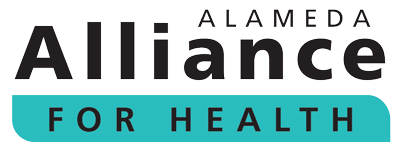Regular checkups (also called well-care visits) are a part of good health care. We urge you to see your doctor within 120 days of joining the Alliance. After that, your schedule should be worked out between you and your doctor.
During these checkups, your doctor gets to know facts vital to your health. Your doctor may order screening tests to check for diseases. You also may get vaccines to help prevent illness (see Vaccines to learn more). People of all ages need well care: babies, children, teens, and adults.
Website links below are in both English and Spanish.
BABIES
Babies see doctors often. There are many checkups during the first year of life and vaccine/shots at most of those checkups.
Learn more about well-baby visits at:
CHILDREN & TEENS
Healthy children do better in school. They are able to focus and learn, and they have fewer sick days.
Usually children need updates on their vaccines:
- Before starting kindergarten or first grade
- Before 7th grade
Your child will also need an exam in order to play a sport.
Learn more about well-child visits at:
ADULTS
Adults should get well-care visits every year or as often as your doctor directs. At the visits you will be asked about your health history, get a physical exam, and discuss your health goals. You will also get needed screening tests and vaccines.
Learn more about adult well-care visits:
